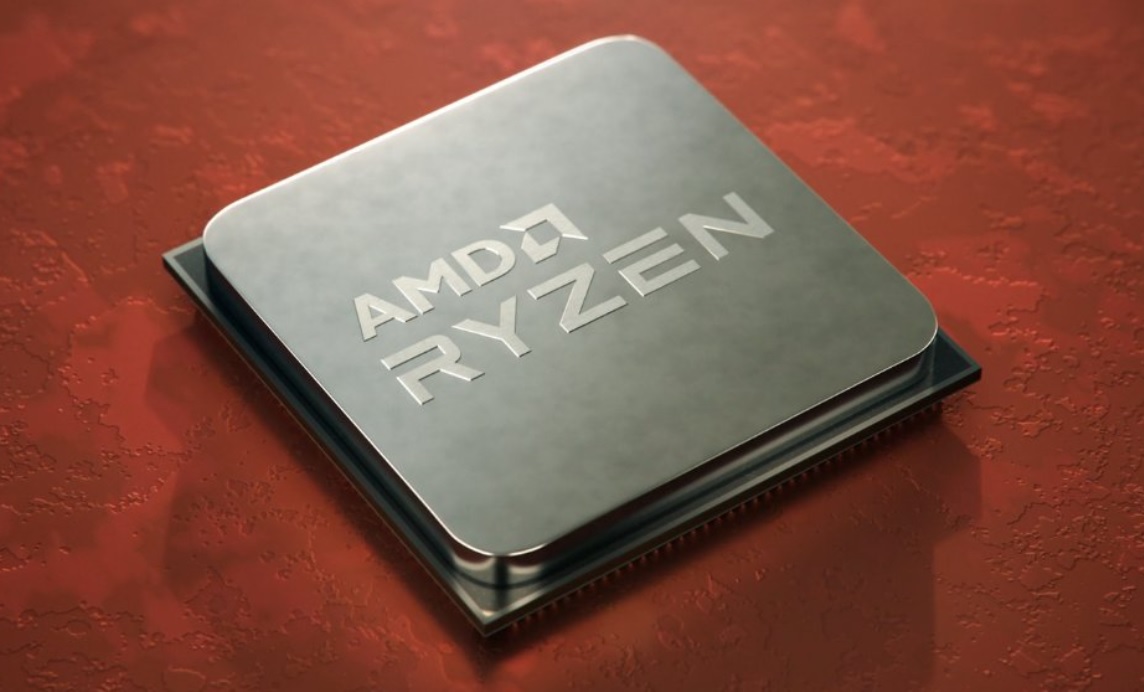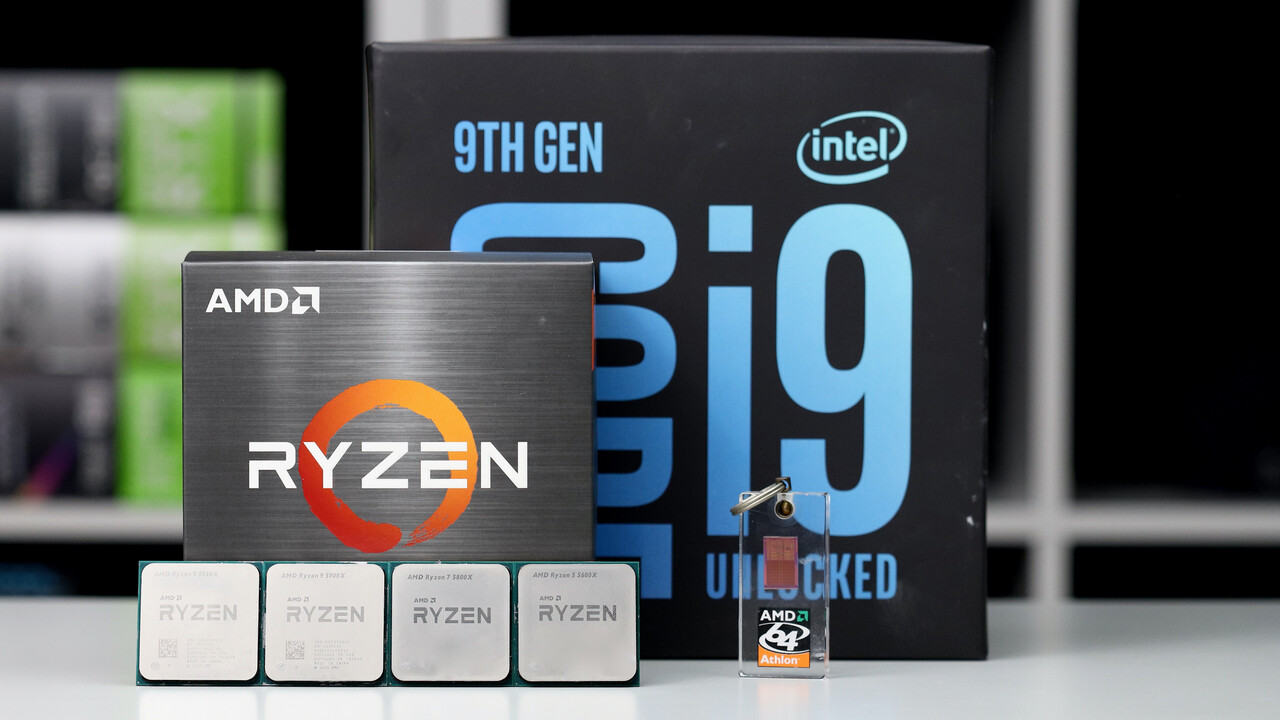
OEM-only AMD Ryzen 7 5800 and Ryzen 9 5900 desktop processors bring extra gaming performance with a lower power requirement to the Zen 3 family
AMD has launched two new members of the Ryzen 5000 desktop processor family in the forms of the Ryzen 7 5800 and Ryzen 9 5900. Both CPUs have lower TDPs than their similarly named Zen 3 counterparts, and the Ryzen 9 5900 offers an average of 24% faster gaming performance at 1080p than the...www.notebookcheck.net
NBC says that the 5800 and 5900 non-X are official but OEM only.
These are just factory forced to 65W by default, in a regular model you ll have to set them in Eco mode in Ryzenmaster, perf difference is minimalistic given the substancially lower power.
Perfs/mode :

AMD Ryzen 5950X, 5900X, 5800X & 5600X im Test: Benchmarks in Anwendungen
AMD Ryzen 5000 im Test: Benchmarks in Anwendungen / Multi-Core-Szenarien / Single-Core-Szenarien
Resulting power savings :

AMD Ryzen 5950X, 5900X, 5800X & 5600X im Test: Leistungsaufnahme und Temperatur
AMD Ryzen 5000 im Test: Leistungsaufnahme und Temperatur / Leistungsaufnahme von Leerlauf bis Volllast
For the 5800X that s someting like 75W CPU TDP instead of 110W for 5% lower perf.



